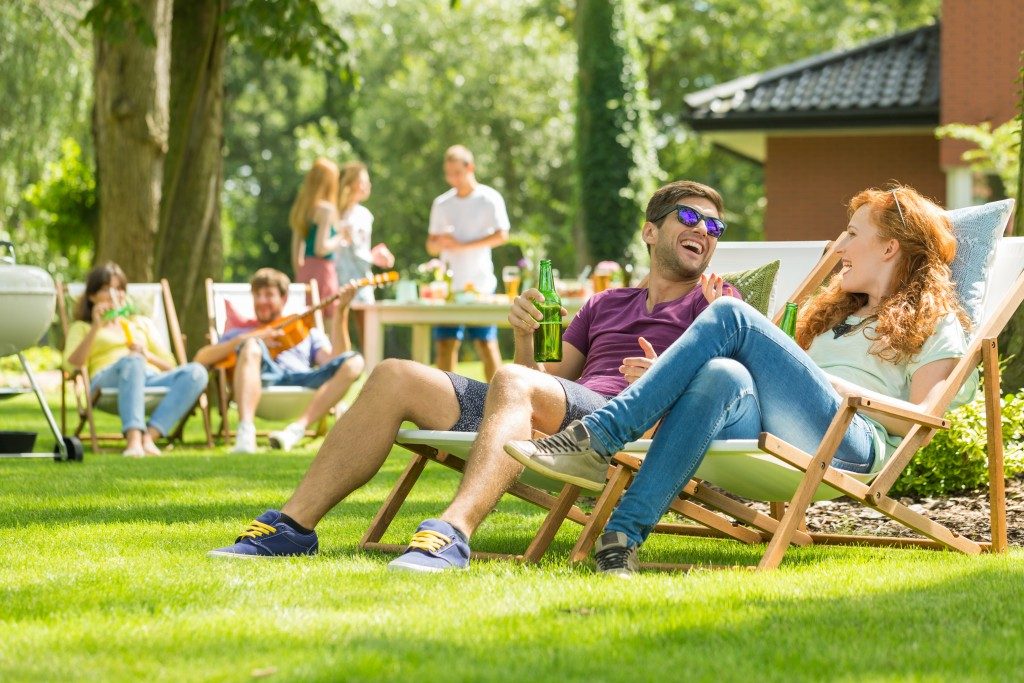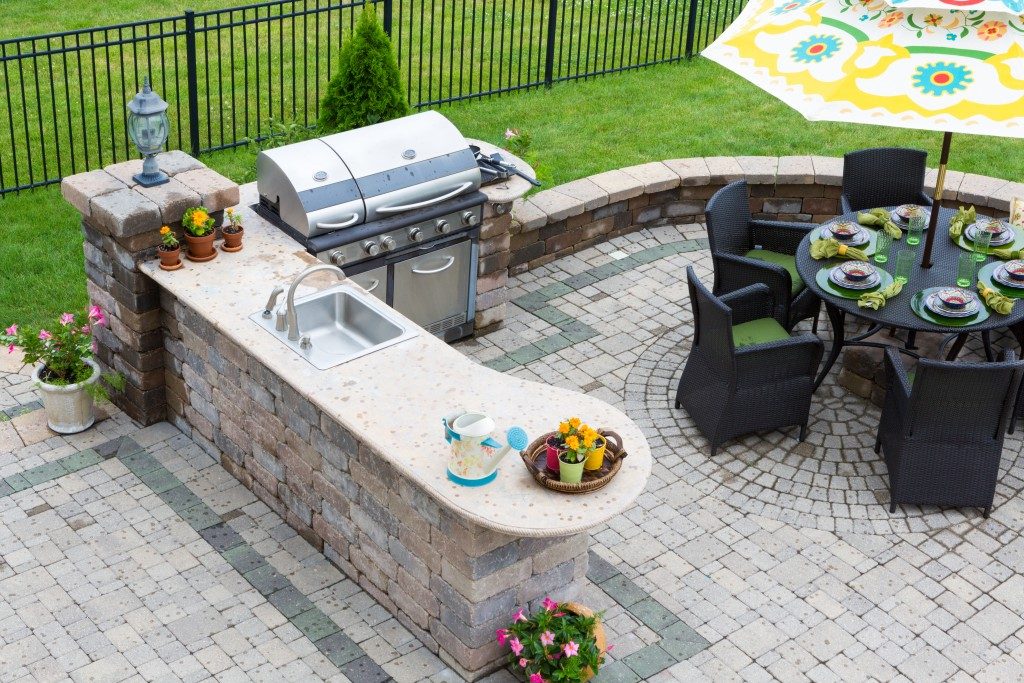Sometimes, you just want to enjoy the outdoors. Imagine spending a cool afternoon sitting on your deck with your favorite beer. That’s if you have a deck. If you have an unutilized room in your backyard, building an outdoor deck allows you to extend your living and entertaining space without having to resort to a costly and disruptive home renovation.
Outdoor decks offer many advantages. Unlike patios, they can be built over uneven land. It deflects heat off your home, keeping it cooler on warm days. It is also a great way to increase your home value.
While building a deck isn’t as drastic and resource-intensive as adding a new floor to your home, it will still require a bit of planning and preparation. It’s not as simple as looking for decking supplies in Melbourne.
Here are a few things you should know before building a deck:
1. Location
The best-case scenario is if you have lots of space in your backyard for an outdoor deck. You can extend the area to your heart’s content without sacrificing green space. But things get a little more tricky if you have limited space. You might have to downscale your plans to something more realistic for your lot area.
But regardless of the size of the space, there are other factors you have to consider. For instance, you have to think about protection from the elements. Decks are ideally built without a roof, but if there are no sources of shade nearby, you might have to build a roof to protect against the sun, rain, and snow.

2. Cost
Unless money is not a problem, you will have to set a budget to ensure you don’t overspend on a simple home project. Construction can get expensive fast, and cost overruns are to be expected. Instead of your plans determining the budget, it should be the other way around. After all, you don’t want to become bankrupt just because you want to spend some time outdoors.
The size of the deck mostly determines how much you’re going to spend. Other details you will have to consider include the type of material you’re going to use, the style of the deck, labor costs, and extras such as railings, trellises, and flowerboxes.
3. Material
Wood is often the material of choice for outdoor decks. Hardwoods are particularly prized for their hardy properties, but they are not the only option available. Other types of wood such as cypress and cedar are known to be resistant to weather damage and natural decay. Some types of wood are also treated with chemicals to prolong service life. The presence of preservatives may be an issue for some, however.
Synthetic alternatives include composites, which are usually made of a combination of wood fibers and plastic. This material is resistant to rot, mold, and insect damage. You can also build a deck out of aluminum and other metals.
These are just some of the things you should consider while planning your new project. But don’t think that the work ends once you finish building the deck. Regular maintenance is essential to keep it safe. Inspect the structure for signs of damage such as mold, rot, and protruding nails.

